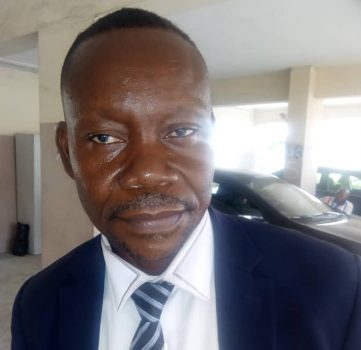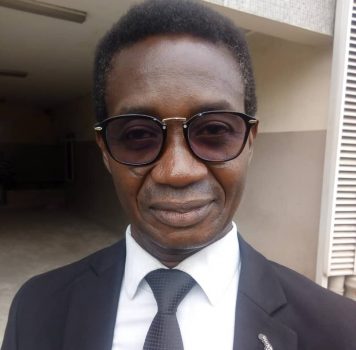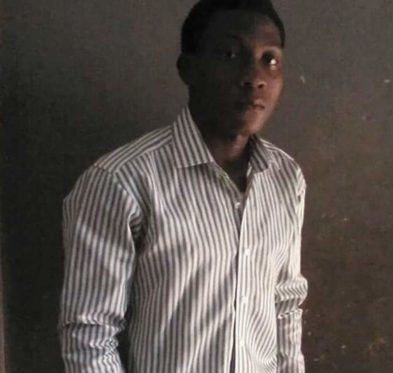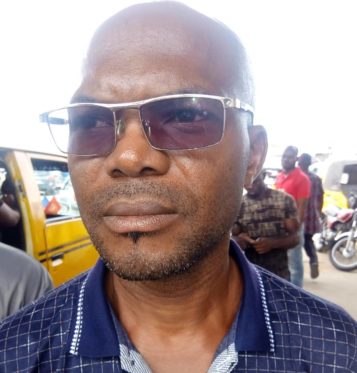
I do not think Nigeria is buoyant enough to implement the minimum wage and that is why I think there is delay. The government are after their own selfish interest and not for the masses, so the issue of the delay is been masterminded by the so called ruling government. If you look at it, one cannot come out to say they cannot afford to pay N30, 000 minimum wage while the security, house allowance, etc of the senators are far above common expectations of Nigerians. So tell how they would be able to pay if they don’t cut down the salaries of the senators.

The government should have a plan of implementing it even before approving it because after approving, and you make the workers start waiting almost endlessly, it makes the government appear they are not prepared for it. However, I think generally speaking, it is a Nigeria problem, because we seem to just take things the way they come, and it is after we have done it, we start thinking of how to plan and implement it, hence the delay. Otherwise I really don’t see any justification for the delay because the government has approved it for months, yet it has not been implemented, while the labour union is threatening to embark on a strike. This gives impression that our government is not serious, they need to be more business-like in running the affairs of this country and not just on minimum wage but also on many other things like the African Continental Free Trade Area agreement (AfCFTA) that has just been signed. There is nothing on the ground but countries with foresight, ever before they signed the agreement, had already put things in place. For instance, counties like Ghana and South Africa have already built a secretariat that will facilitate the agreement but in Nigeria, as at now, the ministers have not been appointed after a month and some weeks now.

Lagos
I have foresee this since the day the deliberation about the minimum wage started that most governors won’t pay because of their self-interest. Well, the delay might be because of change in government, and I’m sure most of the states are owing the workers some months, which they have to pay first before implementing the minimum wage. I just hope there will be punishments for the governors that are not implementing it based on the order the federal government has given. The workers union have not been making any attempt to pressurise the government on how to implement the minimum wage policy but kept quiet because their own interest is been fulfilled. The delay is not right though, but the workers union is not playing a good role to ensure the fast implementation of the policy.

Lagos
The endless delay in paying Nigerian workers the new minimum wage could make the workers become unruly. Public sector workers in Nigeria have been under intense economic pressure for years, in a country where political office holders, including members of the bilateral parliament, collect some of the biggest pay cheques in the country. The continued delay in paying workers the new wage is taking a toll on their psyche and this can have negative consequences on the work they do and how they do it. Expectations when not met on time bring despair and the emotional mood of happiness is already down, even when the money will be eventually paid. The effect of the delay would discourage the workers and lead to low productivity. Some workers can start destroying properties as a way of expressing their anger. I advise the lawmakers and the government to fast-track the approval and implementation of the wage.

Lagos
Though, I would say expectations were high that the Senate would accelerate action on the passage of the new minimum wage bill, but they had delayed action on the wage process, unlike the lower chamber that fast-tracked the passage of the bill after receiving it from the Presidency. I am been hopeful that the Senate would approve the N30, 000 recommended by the tripartite committee on the minimum wage. The upper legislative chamber should treat the bill with dispatch as a parting gift to workers before the termination of the current political dispensation. You will recall that, on January 29, the House of Representatives approved N30, 000, as against the N27, 000 sent to it by President Muhammadu Buhari as the new minimum wage. Nigeria had last reviewed its minimum wage in 2011, when former President Goodluck Jonathan reviewed the pay from N7, 500 to N18, 000.